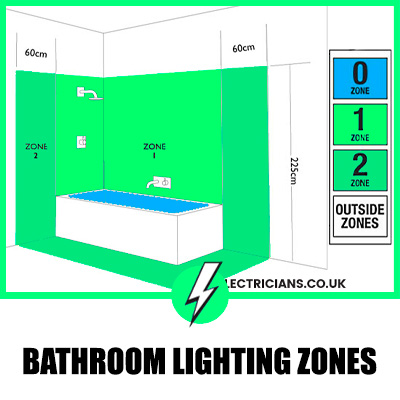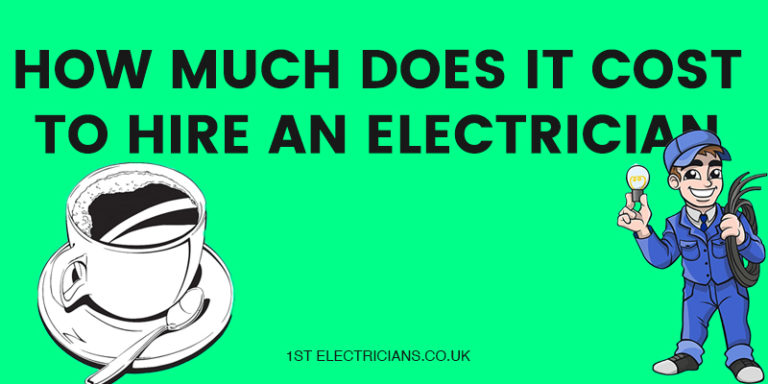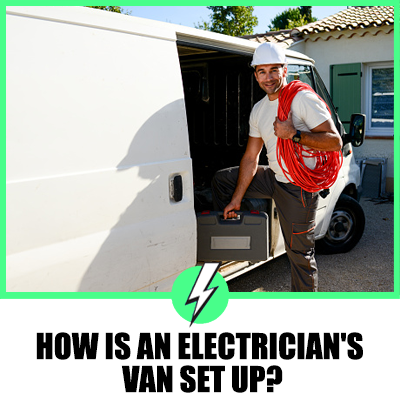Are Steel Toe Boots Safe For Electricians?
Why do electricians need to wear steel toe cap boots when working? Do they carry heavy objects that could cause a foot injury?
It’s part of health and safety at work why you wear steel toe cap boots work. You will not be allowed on-site without steel toe caps shoes and the required PPE if you are a site worker. Electricians carry heavy things like drills that, if dropped, could cause injury to the foot.
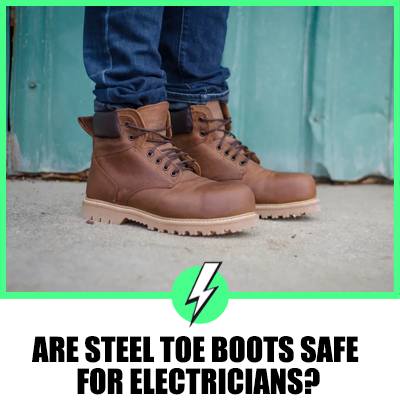
Contents
Can an electrician wear steel toe boots?
As long as the steel toe cap is not exposed and the safety sole is not degraded, an electrician must wear steel toe shoes or boots when working.
If the electrician is injured while not wearing the correct PPE (personal protective equipment) on-site, their insurance could be void. They may be subject to disciplinary actions if they are employed.
Steel toe cap boots reviews
No products found.
Are steel toe boots non-conductive?
Yes, it’s a common mistake that people assume that just because there is a steel toe cap in the boot/shoe that it’s unsafe to wear around electricity.
The steel toe cap is wrapped in a non-conductive material such as leather or rubber insulation or even manufactured fibres, but they are non-conductive.
What footwear may be designed to be electrically conductive?
There are safety boots/shoes that are designed to be conducive to stopping the build-up of static electricity.
These boots/shoes are required where there is the potential for an explosive atmosphere, such as in a flour mill or chemical plant.
What is the British standard for safety boots?
EN ISO 20345:2011
The safety footwear standards in the UK are the same as the footwear standards across Europe: EN ISO 20345:2011. Under this standard, all safety footwear (be that work boots, wellingtons, safety shoes, safety trainers etc.) must protect the toes against a 200-joule impact.
Does safety toe mean steel toe?
Not necessarily. Several toe protection materials meet the British safety standard for protective boots and shoes.
In terms of safety materials for your toe protection, they can be:
- Steel toe caps
- Composite toe caps
- Carbon fibre toe caps
- Nanotech and any other materials as long as they meet ISO 20345:2011
But all are non-conductive.
How do you know if your boots are safe?
All safety boots go through a stringent testing process, and some have additional features like thermal insulation for winter use, while other boots may need to be waterproof. But all safety boots should have a common thread attaching them and that is the boots should have these qualities:
- Slip resistance. Good slip resistance is an essential footwear feature in industrial and other work environments.
- Comfort. Safety footwear should not only protect the wearer, but it should also be comfortable
- Durability
- Toe cap strength
- Breathability
- Special protection such as waterproofing, penetration protection
- Thermal rating
- Ergonomic design for comfort at work
Does my employer have to provide safety boots in the UK?
Yes, your employer is responsible for your safety at all times and must provide the employee with adequate PPE for the job that person is assigned.
An employee exposed to risk while at work should be provided with personal protective equipment, including protective footwear, a high visibility vest, a hard hat, earplugs, and protective eyeglasses.
However, with such a wide range of PPE available, some employees opt to buy their protective work boots and glasses.
Should my employer pay for my work boots?
Your employees are obliged by law to supply the employee with suitable PPE for their work. This includes protective footwear.
Along with the PPE, there must be full and clear instruction on how it is to be used.
Check your boots fit correctly and have protective toe caps that are not cutting into your toes.
Your employer may give you an allowance if you decide to buy your own PPE, including protective footwear.
Can my employer charge me for PPE?
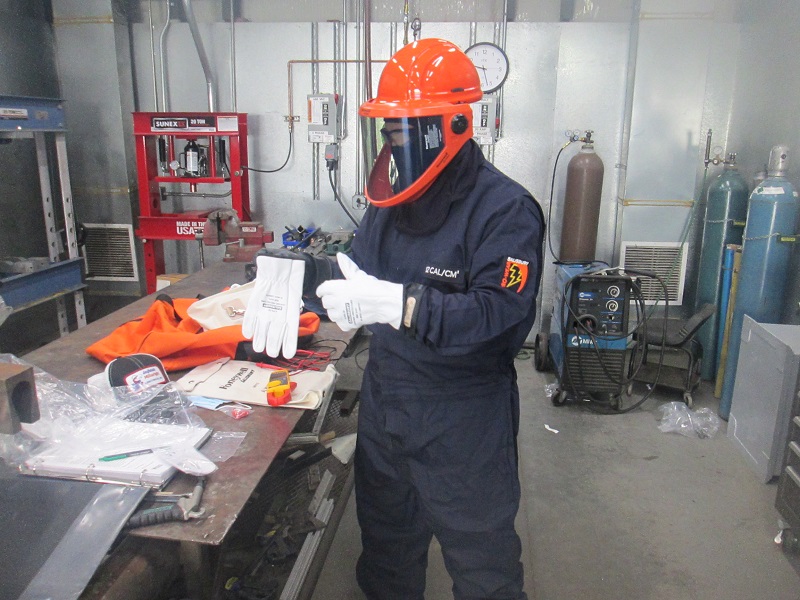
No, your employer is not allowed to charge you for your PPE. They are not allowed to make salary deductions to cover the cost making you effectively pay for your own PPE.
Under the Health and Safety at Work Act 1974, it makes it illegal for your employer to charge you for your personal protective equipment (PPE) or clothing required for you to do your job.
It is also illegal for your employer to ask for a refundable deposit.
Are waterproofs PPE?
Yes and no, if waterproof clothing is needed to do your job and keep you safe from injury, it is deemed to be PPE that the employer must pay for in full.
Do health and safety cover self-employed people?
For the purposes of the health and safety act of 1974, the self-employed person does not work under a contract of employment and works only for himself.
Why is this important to the single self-employed person? You may be self-employed for tax purposes, but this may not apply to health safety at work which makes the single self-employed worker liable under the HSWA.
How many employees before you need a health and safety policy?
The health and safety act sets out your overall approach to dealing with health and safety within your business.
AS an employer, it is incumbent on you to have a health and safety policy and manage that policy effectively to the law.
The health and safety policy should specify who does what, where, when, and in some cases, why and identify risks to the employee and mitigate those risks by management.
If you have more than five employees, your health and safety plan should be written down and ready for inspection.
Are steel toe caps for electricians safe?
Yes, they are non-conductive, and it is a legal requirement that you wear them while working on-site so as not to fall foul of the health and safety laws.
